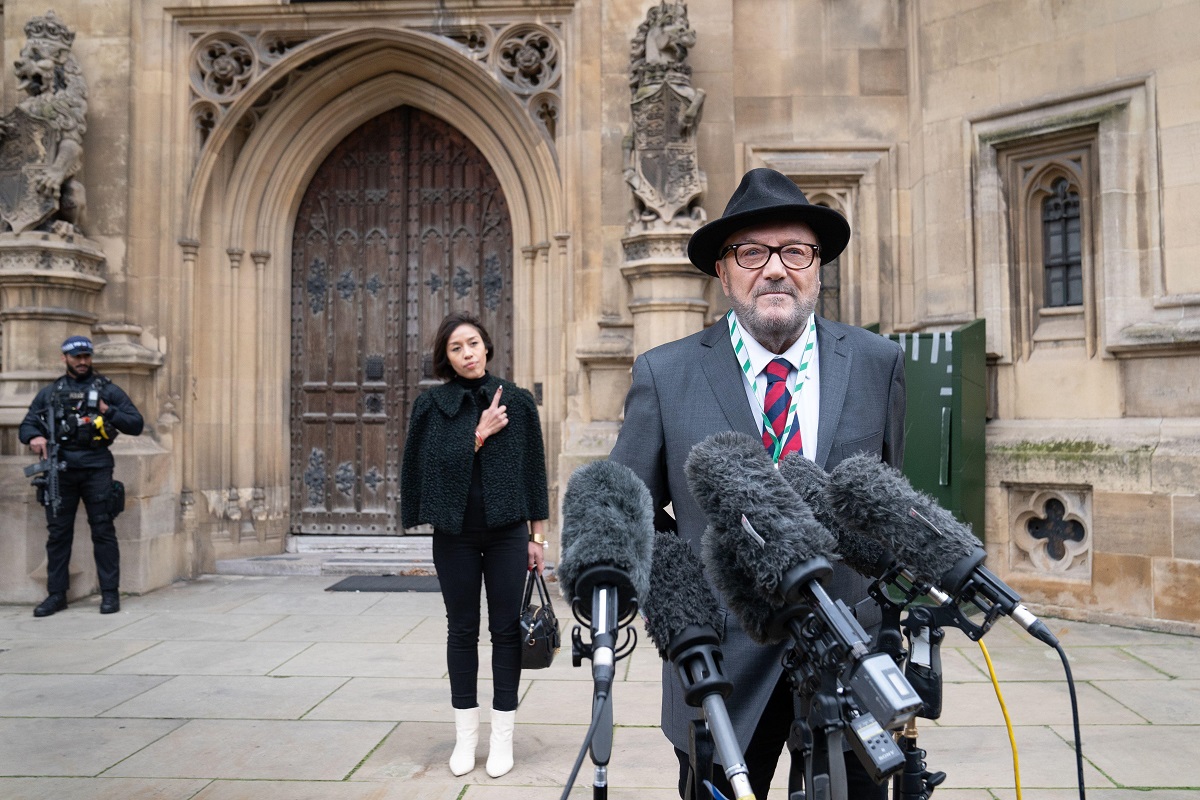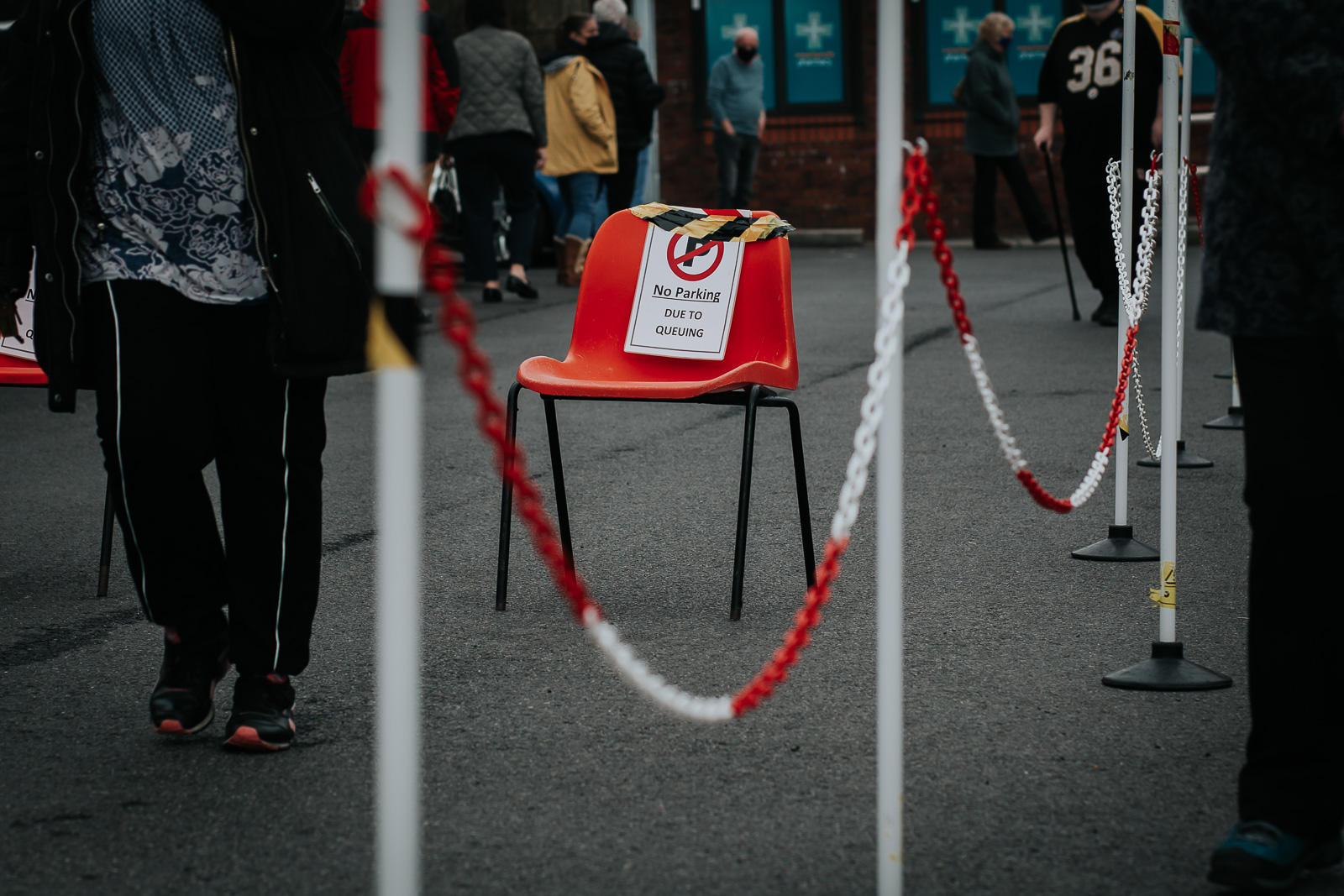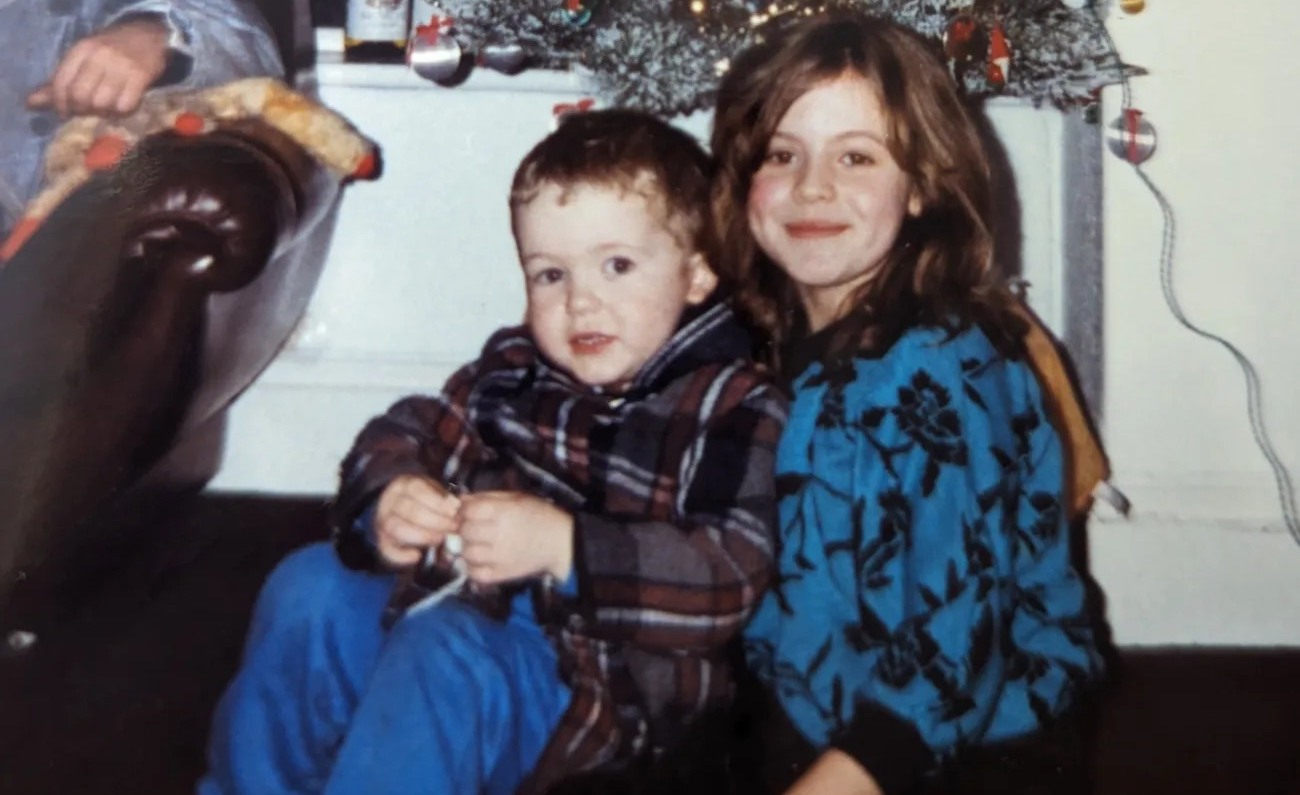Is the Gaza conflict leaving thousands in Bolton politically homeless?
The recent by-election in Rochdale, won not by Labour or Conservative but George Galloway, raised questions about whether the Gaza vote could impact broader election outcomes
The UK Government’s sudden backing of the UN vote for an immediate ceasefire in Gaza this week was more likely influenced by its friends in the US than Boltonians – many of whom feel they have been shouting into a void since the conflict broke out in October.
Almost 20 per cent of Bolton’s population is Muslim but it’s not only Muslim people who support Palestine in the town, says Salma, a lifelong resident and member of campaign group Bolton For Palestine.
“It’s all communities and faiths. It’s humanity, it’s nothing to do with religion.”
Mass protests have taken place in the town centre regularly since October, and vigils have been held on the Town Hall steps for children killed in attacks.
The intensity of support in the town, demonstrated by Palestinian flags flying in residential streets, is spurred by real connections to the Middle East. Many of Bolton’s Muslim residents have family in the region or have travelled there.
“People visit Palestine. They see it first-hand, the way they’re treated and restricted. That’s why there’s such a strong opinion here,” says Sohail, who is from Bolton and works for a national aid charity in the town. A hospital the charity built in Gaza was raided by the Israeli military in January.
“We’re distraught,” he adds. “There’s anger. Sadness. As Muslims we feel like one body, so if one person is being harmed somewhere it affects us all.”
Two of Bolton’s MPs broke rank with their parties by calling for a ceasefire weeks and months before the government’s vote in the UN this week. That came only after the US chose to abstain from a vote – effectively isolating Israel on the world stage.
Mark Logan, Conservative MP for Bolton North East, said he could no longer support the government’s line on the conflict back in February. Speaking in the House of Commons he said Israel had “gone too far”.
“It has gone too far for months on end… a ceasefire must happen now. I can no longer, in good conscience, continue backing in public the line that we have taken on this side of the House,” he said.
In February Labour called for an “immediate humanitarian ceasefire” after months of failing to condemn what a UN report this week called a genocide on the Palestinian enclave of the Gaza Strip. Labour’s renewed position was criticised as just an attempt to head off what was set to become the biggest rebellion against Keir Starmer since he became party leader.
Yasmin Qureshi, MP for Bolton South East, made her position clear from the start. In October she spoke in parliament on behalf of a constituent with family in Gaza: “My heart can’t handle this anymore,” she said. “We are being massacred.”
“I have had a significant number of people contact me concerned about the ongoing bombardment of Gaza and the devastation caused by the war,” Qureshi told The Bolton Lead. “Boltonians care deeply about this and I share their concerns.
“I resigned from the Labour front bench so that I could vote for an immediate ceasefire at the first opportunity in October last year.”
But people in Bolton still feel let down by politicians.
“It's something a lot of people are angry about,” says Umar, a 38-year-old Muslim healthcare worker. “People feel betrayed by the Government and also the Labour Party for supporting this genocide and not denouncing it sooner.”
Umar has lived in Bolton his whole life. He only tends to follow politics when it’s hitting the headlines, but he’s passionate about Gaza, as are his friends and family. Some, he says, feel so let down by the government that they are considering leaving the UK altogether.
“You don't know how it feels when the government you pay your taxes to, and who are supposed to represent you, then betray you.”
A Labour voter all his life, when asked about voting for the party in an upcoming election, Umar says: “Never again.”
Sohail echoes Umar’s feeling, adding that Bolton’s pro-Palestinian demographic is politically homeless.
“Keir Starmer’s position has been clear,” he says. “It’s affected the community big time. They’re now anti-Conservative and anti-Labour. We’re at that point where we’re just despondent.”
A report by UK in a Changing Europe in November, found that Muslim voters were dissatisfied with both the Labour and Conservative response to the Gaza conflict. At that point neither party had condemned Israel’s campaign. But even then the poll showed greater dissatisfaction with the current government.
Rob Ford, professor of political science at the University of Manchester, authored the report. He is sceptical that strong feelings on the Gaza conflict will impact the outcomes for Bolton in a general election. Polls predict Qureshi will hold her seat in Bolton South East, and Labour gains for the two Conservative seats currently held in Bolton West and Bolton North East.
“Even if you poll Muslim voters, who have the most intense feelings on this topic, it’s not in the top three issues that they say will decide their vote,” he tells The Bolton Lead.
“Even among the ones who do say it will impact how they vote, Muslim populations aren’t large enough to change the outcomes in virtually any parliamentary seats. On top of that, this is getting drowned out by a really huge swing to Labour on the other issues that people care about – cost of living, NHS, and the state of the economy."
Nor do all Boltonians condemn Israel. According to polling by More in Common, the portrayal of a country split into two warring camps – those who ‘side’ with Israel and those who ‘side’ with Palestine – “does not reflect where most Britons stand on or think about the conflict”.
Instead, it said: “Most Britons have found themselves simultaneously angry about the actions of murderous terrorists, concerned for civilians in both Israel and Gaza, and profoundly worried about what the situation means for community relations here in the UK.”
And it’s a mistake to assume that the passionate reaction international conflict arouses will be channelled into electoral politics, Ford says. While it may change the votes of some individuals, most voters focus on domestic issues. Even in 2005, when the British government was directly involved in the invasion of two Muslim majority countries, it wasn’t reflected in election results enough for Labour to lose its majority.
“This doesn’t mean that people don’t care about Gaza. Of course they do,” Ford says. “But they also care about putting food on the table. Most voters recognise, quite rationally, that the choice in front of them at polling stations is not a choice of solving the Middle East crisis or not. Keir Starmer, whatever he says or does, doesn’t have the power to change Israeli prime minister Benjamin Netanyahu’s mind, or Hamas’s mind. And voters know that.”
Half an hour up the M62, the recent by-election in Rochdale raised questions about whether the Gaza vote could impact broader election outcomes. Campaigning in a Greater Manchester authority with similar cultural make up – a near 20 per cent Muslim population – George Galloway won his seat by 12,335 votes after running his pro-Palestine campaign.
But Ford says it’s “very unwise” to assume that what happened in Rochdale will happen in the same way anywhere else, unless Galloway is standing.

Newly elected MP for Rochdale, George Galloway, with his wife Putri Gayatri Pertiwi, speaks to the media outside the Houses of Parliament in Westminster. Credit: PA
“George Galloway is a pretty unique individual. He’s now won elections in four different constituencies – the first person since Winston Churchill to manage that particular feat. He has a particular populist appeal to Muslim communities – that’s how he won in Bradford, in East London, and now in Rochdale. It’s not at all obvious that there’s anyone who can replicate that kind of intensity appeal. Whatever one might think of him, as a political campaigner he is formidable.”
And Rochdale’s situation was unique, Ford adds, “a free for all” as there was no official Labour candidate standing.
Back in Bolton, Julia, a 67-year-old teacher is more concerned about her friend in Gaza than she is about heading to the polls anytime soon. She hasn’t heard from her in weeks.
“She has three children,” Julia says. “In October she’d just had a baby girl.”
Not religious herself, Julia first visited Palestine in 2016 as part of a National Education Union delegation. When she returned she began a programme to bring children over to visit Bolton.
On the children’s final day in the town there was a 300-attendee celebration.
“There were people from different mosques, the socialist club, schools – it was like a snapshot of Bolton and all the different communities we have,” she says.
Local elections in Bolton, due to be held on 2 May, are more likely to reflect voter feelings about Gaza, Ford says. Wards are smaller than constituencies and those with large Muslim populations could cast a protest vote. But Labour council leader Nick Peel put his name to a statement calling for a ceasefire in Gaza as far back as October.
The statement was written by metro mayor Andy Burnham – also up for re-election on 2 May – who called for unity in Greater Manchester between Jewish and Muslim communities.
“This is the kind of situation where the introduction of metro mayors can be shown to be a good thing,” Ford says. “They can say, ‘We represent cities with hundreds of thousands Muslim residents and Jewish residents and we represent their views’. Because they have a big electoral mandate they’re likely to get listened to. Big, distinctive, diverse cities can have their views represented more effectively.”
While they represent just 0.06 per cent of Boltonians, nearly 30,000 people in Greater Manchester are Jewish – 1.2 per cent – the second largest population outside of London. Muslims represent 12.1 per cent of the wider combined authority’s population.
Both communities, Ford points out, “have very real anger and fear and upset” and representing them is “a difficult balancing act” at all levels.
But Netanyahu barely listens to Biden, let alone Burnham. Ford says the metro mayor’s job, like that of MPs and councillors on smaller scales, is to be the voice of broad communities, and ensure voters' voices are represented in political systems.
“This isn’t about fixing the Middle East,” he says. “This is about symbolic politics and people feeling that their feelings – their anger and upset about this ghastly conflict – are getting vocalised and represented in the political system.”
You can see the previous newsletter we sent to our subscribers here
The Lead is now on Substack.
Become a Member, and get our most groundbreaking content first. Become a Founder, and join the newsroom’s internal conversation - meet the writers, the editors and more.





